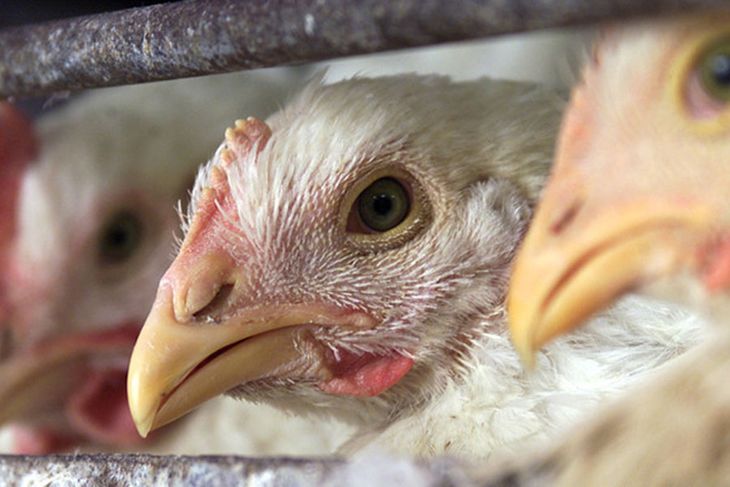Avian flu has led to a shortage of eggs in the United States

As a result of the bird flu epidemic, the US agricultural sector lost about 17.2 million laying hens in November and December, which led to a shortage of eggs in the country, CNN reports, citing sources in the Ministry of Agriculture.
Against this backdrop, the price of eggs in the United States has risen by 25% to $4.33 per dozen over the past three months. However, the American Egg Producers Association notes that it will take at least 6-9 months for the market to fully recover.
At the end of 2024, the US Centers for Disease Control and Prevention (CDC) reported “severe mutations” of avian influenza that had not been observed in previous samples from an infected flock. Doctors have identified changes in the virus’s hemagglutinin gene, which plays a key role in its attachment to body cells.
In early January, the first patient who contracted avian influenza through contact with birds died in the United States. The 65-year-old man was hospitalized in serious condition, but doctors were unable to save him.
The decline in poultry numbers will reduce feed and grain consumption in the second half of the season.
For almost 30 years of expertise in the agri markets, UkrAgroConsult has accumulated an extensive database, which became the basis of the platform AgriSupp.
It is a multi-functional online platform with market intelligence for grains and oilseeds that enables to get access to daily operational information on the Black Sea & Danube markets, analytical reports, historical data.
You are welcome to get a 7-day free demo access!!!
Read also
Abbey Commodities – General Partner of BLACK SEA GRAIN.KYIV-2026
Black Sea & Danube Barley Market at a Turning Point: Demand Pressure and Regi...
US Supreme Court rules Trump’s emergency duties illegal
Mercosur: Protective measures for European agriculture
US makes concessions on pulses in new trade deal with India
Write to us
Our manager will contact you soon



